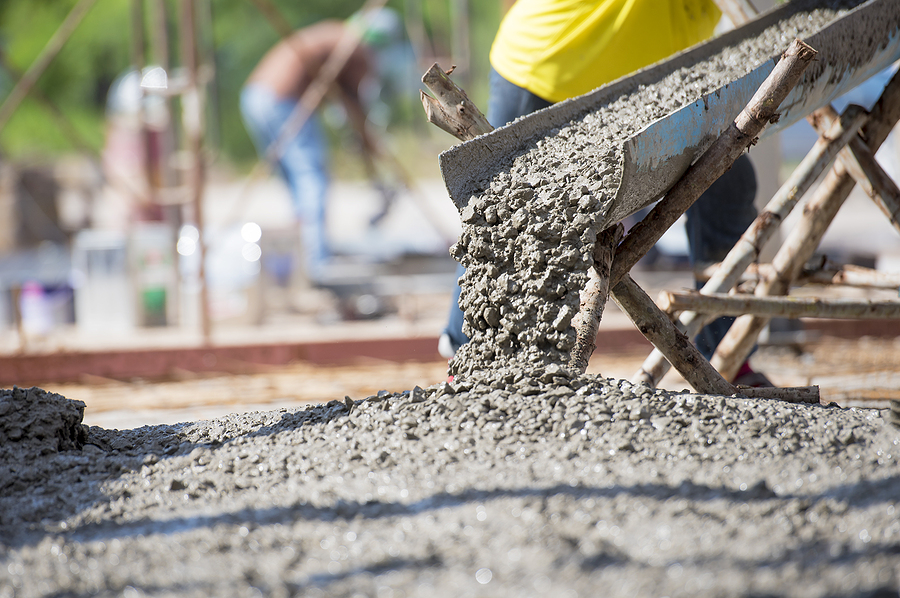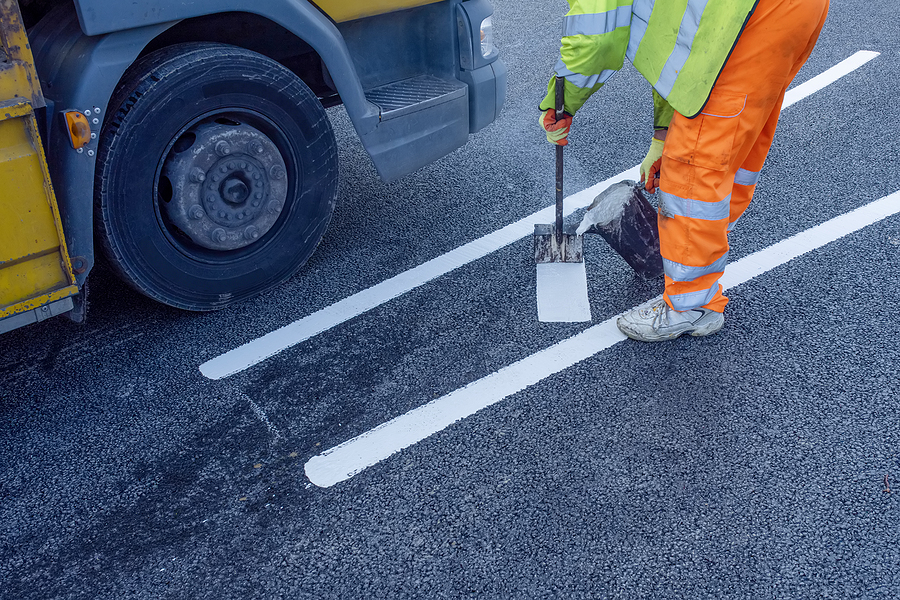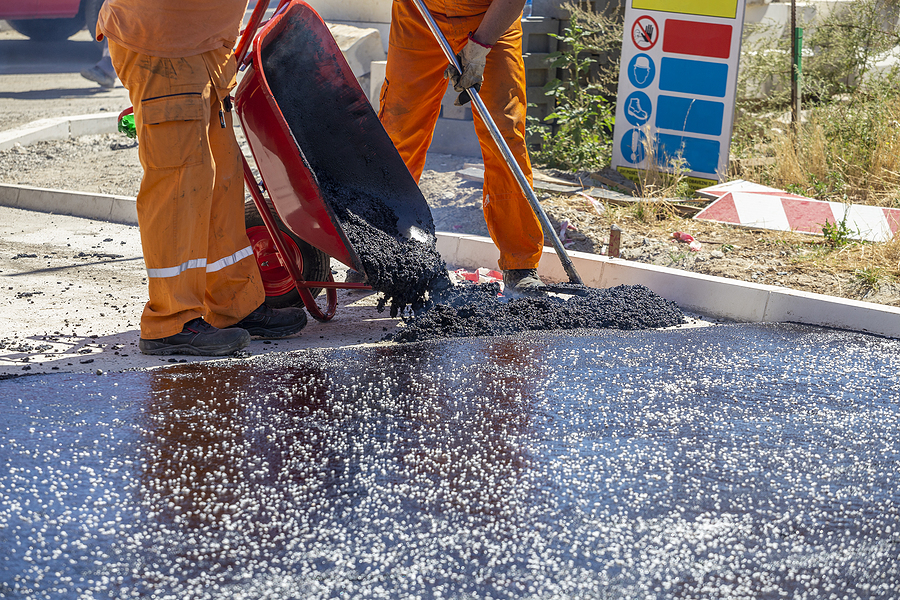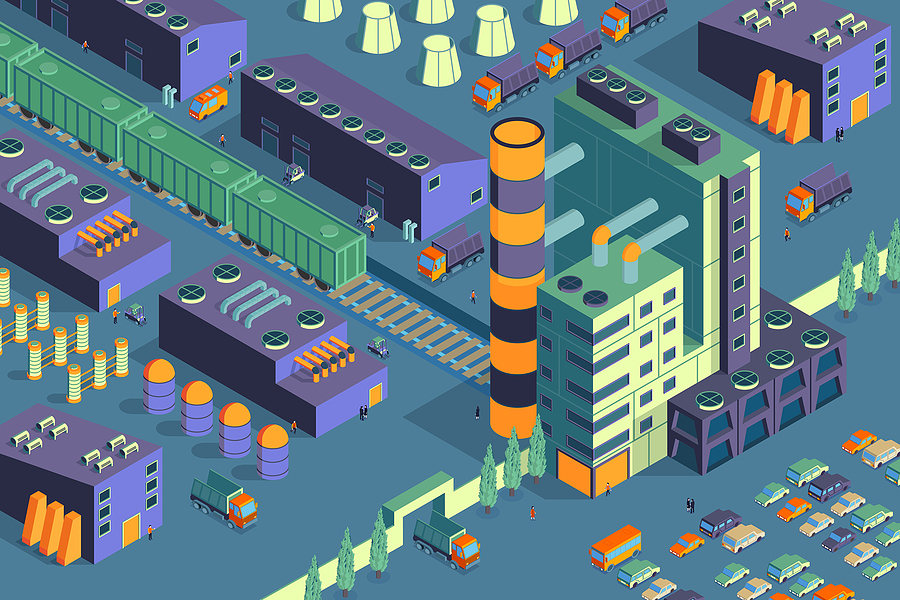Have you heard construction professionals talk about ready mix concrete (RMC) but felt unsure about what it entails? This post is just for you. Ready mix concrete is a specialized form of concrete that is manufactured in a batch plant according to specific proportions and then delivered to construction sites in a ready-to-use state. It comprises cement, water, aggregates (such as sand, gravel, or crushed stone), and various additives to enhance performance.
The production process of RMC involves precise mixing to ensure consistency and quality. This means that you, as a homebuilder or business owner, can count on getting the same high-quality concrete every time. In this blog post, we’ll explore the many advantages of using ready mix concrete for your next project, its diverse applications, and practical considerations to keep in mind.

Advantages of Ready Mix Concrete
Superior Quality
One of the standout benefits of ready mix concrete is its superior quality. The concrete is produced in controlled conditions, ensuring uniformity and consistency in every batch. This consistency translates to a stronger and more durable structure. Additionally, the precise measurements and automated mixing processes reduce the risk of human error, which is often a factor in traditional on-site mixing.
Since the quality of the mix is consistently high, you can be confident that your construction will meet the required standards. Whether you are a DIY enthusiast working on a home project or a construction professional involved in large-scale developments, using RMC ensures your structure’s integrity.
Cost-Effectiveness
Ready mix concrete is also highly cost-effective. While the initial purchase price might appear higher, the long-term savings are significant. First, the reduced wastage from precise mixing means you only pay for what you need. Second, the decreased labor costs associated with on-site mixing can save you money. Workers can spend their time more efficiently, focusing on other aspects of the project.
Additionally, using RMC reduces the likelihood of project delays. Traditional on-site mixing often involves uncertainties and inconsistencies, leading to potential rework and additional costs. With RMC, these risks are minimized, allowing for a smoother, uninterrupted workflow that stays within budget.
Time Efficiency
Time is of the essence in any construction project. Ready mix concrete helps save valuable time due to its quick application and ready-to-use nature. Once delivered, it can be immediately poured, reducing the wait times associated with on-site mixing. This expedited process benefits not only large-scale construction projects but also smaller DIY tasks.
Furthermore, many RMC suppliers offer a range of flexible delivery options tailored to your project schedule. This means you can plan your construction phases more effectively, ensuring each step progresses seamlessly. Consequently, using ready mix concrete can significantly shorten your project timeline, allowing for quicker completion and occupancy.
Environmental Benefits
In today’s environmentally conscious world, it’s crucial to consider the sustainability of your building materials. Ready mix concrete offers several Eco-friendly advantages. The centralized production process minimizes waste and reduces the carbon footprint associated with transporting raw materials to the site.
Additionally, modern RMC plants often employ energy-efficient practices and utilize recycled materials, further enhancing the environmental benefits. By choosing RMC, you contribute to sustainable construction practices, ensuring your project is not only structurally sound but also environmentally responsible.
Applications of Ready Mix Concrete
Residential Projects
Ready mix concrete is an excellent choice for various residential projects. From driveways and patios to foundations and floors, its versatility makes it suitable for numerous applications. Homebuilders and DIY enthusiasts can benefit from the ease of use and consistent quality, ensuring their projects are built to last.
For example, creating a durable and aesthetically pleasing driveway becomes straightforward with RMC. The concrete’s superior strength can withstand the daily wear and tear from vehicles, ensuring a long-lasting solution. Additionally, the ability to customize the mix allows for various finishes, adding a touch of personalization to your home.
Commercial Developments
In commercial construction, time and quality are paramount. Ready mix concrete offers the reliability and efficiency needed to meet tight deadlines and high standards. Whether constructing office buildings, retail spaces, or parking structures, RMC provides a dependable foundation.
For instance, a commercial building’s structural integrity is crucial for the safety and longevity of the development. Using RMC ensures the concrete used meets the necessary strength and durability standards, reducing the risk of future maintenance issues. Furthermore, the ability to schedule precise deliveries enhances project coordination, keeping everything on track.
Industrial and Infrastructure Projects
Industrial facilities and infrastructure projects, such as bridges and highways, demand materials that can withstand heavy loads and harsh conditions. Ready mix concrete is up to the task, offering the necessary strength and durability for these challenging applications.
Consider a large-scale bridge construction project. The bridge’s load-bearing capacity and longevity depend heavily on the quality of the concrete used. RMC’s consistent quality and strength make it an ideal choice, ensuring the bridge can handle the stress and strain of daily use for decades.
Considerations for Using Ready Mix Concrete
Local Regulations
Before choosing ready mix concrete for your project, it’s essential to understand any local regulations or building codes that may apply. Different regions may have specific requirements for concrete mix designs, strength, and usage. Consulting with local authorities or a knowledgeable supplier can help ensure compliance with all relevant regulations.
For example, some areas may have environmental regulations that mandate using Eco-friendly materials. Ready mix concrete produced with sustainable practices can help you meet these requirements, avoiding potential legal issues while contributing to a greener environment.
Site Conditions
The conditions of your construction site play a significant role in determining the suitability of ready mix concrete. Factors such as site accessibility, weather conditions, and available storage space must be considered when planning your RMC delivery. Discussing these factors with your supplier can help tailor the delivery to your specific needs.
For instance, a site with limited access may require smaller delivery trucks or specific scheduling to avoid disruptions. Additionally, understanding how weather conditions, such as extreme heat or cold, can impact the curing process, can help optimize your project’s success.
Supplier Selection
Choosing the right supplier is critical to the success of your project. Look for reputable suppliers with a proven track record of delivering high-quality ready mix concrete. Reading reviews, asking for referrals, and visiting previous project sites can help you make an informed decision.
A reliable supplier will not only provide top-notch RMC but also offer valuable advice and support throughout your project. By partnering with a trusted supplier, you ensure your construction project runs smoothly and efficiently from start to finish.
Conclusion
Ready mix concrete offers numerous advantages, making it an excellent choice for a wide range of construction projects. Its superior quality, cost-effectiveness, time efficiency, and environmental benefits make it a valuable asset for home builders, business owners, and construction professionals alike.
By understanding the applications and considerations for using ready mix concrete, you can make informed decisions that enhance your project’s success. Whether you’re working on a small home improvement task or a large-scale commercial development, RMC provides a solid foundation for your construction needs.
If you’re ready to experience the benefits of ready mix concrete for yourself, let us show you how it’s done. Contact ACI Asphalt and Concrete at 317-549-1833 today. We offer reliable ready mix concrete installation and delivery services and expert assistance right here in Indianapolis, Indiana. Only need a small batch? We specialize in custom order small load RMC delivery! Let’s build something extraordinary together!
Related Posts:
Building for Tomorrow: The Efficiency of Ready Mix Concrete
Mastering Ready Mix Concrete: A Complete Buyer’s Guide
Revolutionize Your Projects with Ready Mix Concrete: Tips and Tricks





